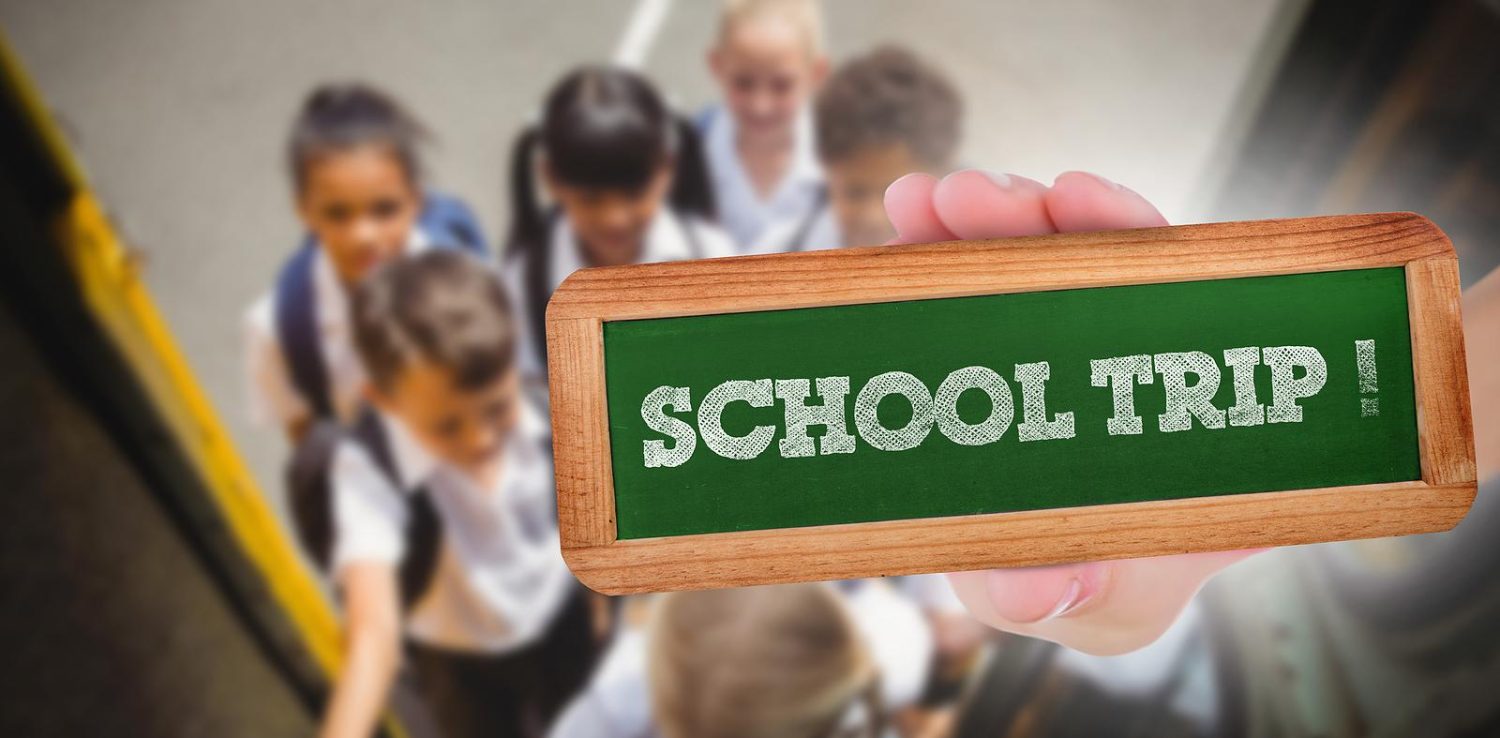Planning School Trips In 2025: Top Tips For A Smooth Ride

As we begin 2025, you may be thinking ahead and planning trips out for the year ahead, particularly if it falls to you to organise large groups such as school outings. Here’s a look at how to ensure that your trip runs without a hitch, including securing the best coach hire options.
Organising school trips
School trips are important for enriching student learning experiences, encouraging stronger bonds with classmates and widening their geographical and cultural horizons. They are undoubtedly worthwhile, but admittedly a successful trip takes a lot of hard work and planning.
Start well in advance
Generally, if it’s your job to organise a school trip, you should be planning at least six months in advance to give you the best possible choice of venues, organise transport, obtain parental permissions, and give parents or guardians the opportunity to spread the payments or apply for any support funds you may have available.
Choose the right transport
Coach transport is the go-to choice of travel for school trips, because it avoids the unreliability of public transport, and can transport groups of up to fifty or more people in comfort. Look for coach companies with an excellent safety record, and who employ experienced DBS checked drivers.
If you are travelling a long distance or planning a residential trip, then consider features such as boot storage for extra luggage, and extra comfort factors such as air conditioning and on-board toilets. To ensure that you get the best choice of vehicles, book your transport as soon as you have decided on the date, venue, and potential number of passengers.
Ask what options the coach company offers around any later changes to timings and destinations, so that you can have some flexibility in your plans, should any of those glitches or unexpected events occur at a later date.
Keep communication channels open
Open communication channels between the school and parents will mean the trip is more likely to run smoothly and have a good rate of take up among the students.
Keep parents well informed throughout the whole planning process, and provide them with a breakdown of expenses, including entry fees, transport fees, food and drink, and so on so that they understand why you are asking for them for a financial contribution. If your school has assisted funding for trips available, make sure they are aware of it early on.
Where possible, look to keep costs manageable to be fair to parents, maximise attendance and give the broadest range of students the opportunity to access the trip. For example, many museums and cultural centres offer group or school group discounts. Do not spring any unfair last minute price hikes on parents.
Be sure to obtain signed consent forms from the parents with emergency contact details, and provide them with a detailed itinerary so that they will know where their child is and what they will be doing at all times.
Set high safety standards
The health and safety of students should be prioritised at all stages of the trip. Conduct a thorough risk assessment to identify any potential hazards during the trip. There should be a good staff to student ratio, so the sooner that you can confirm numbers the better. At least one member of staff should be trained in first aid.
Prepare the students
Spend some classroom time discussing the plans for the trip, so that students understand the aims and objectives, and any particular background information or context about the destination. For example, if you are planning to visit a site of historical significance, discuss with the students the key events in history that occurred there.
Discuss practical issues as well, such as the schedule, what they need to bring with them, and your expectations and rules around behaviour. Give them the opportunity to ask questions, and generally make sure they know what to expect and how to get the most out of the experience.
Ask for feedback
After the trip, seek feedback from the students, staff and parents to ascertain what they enjoyed, and any areas that could be improved. This will provide useful reference points for planning future trips.



